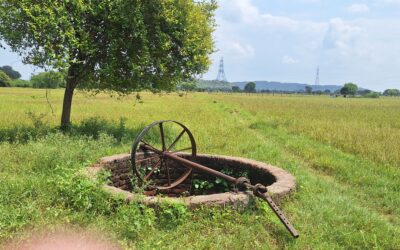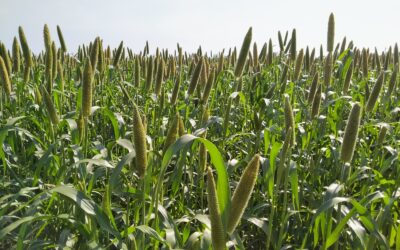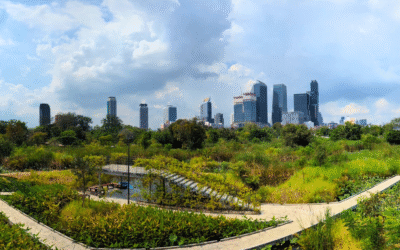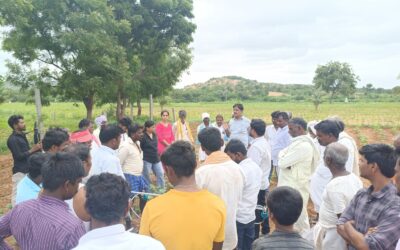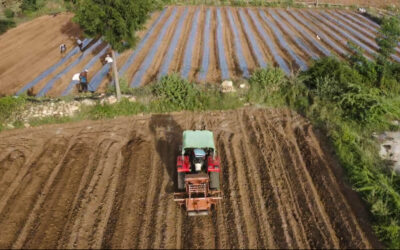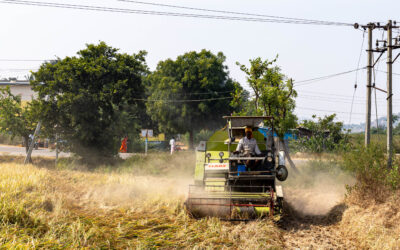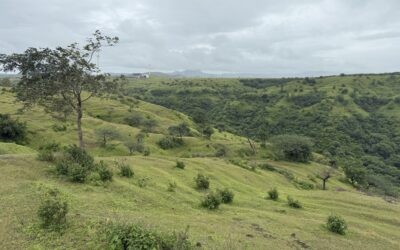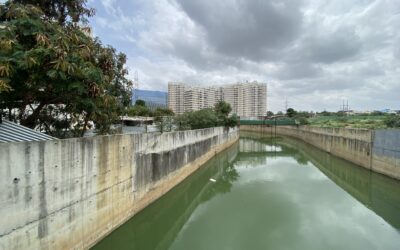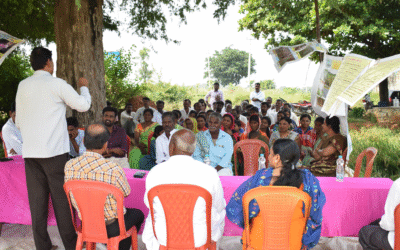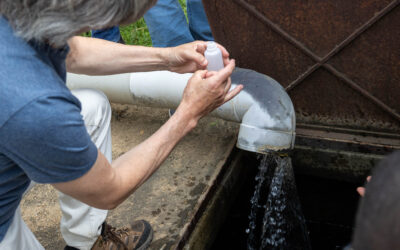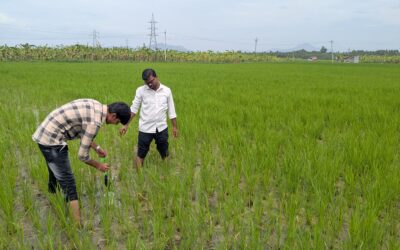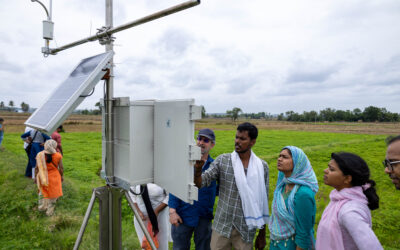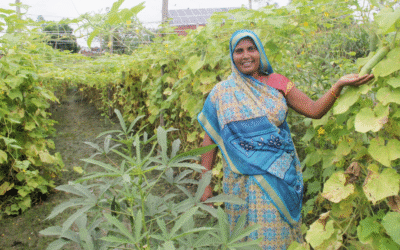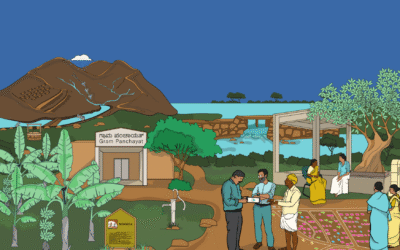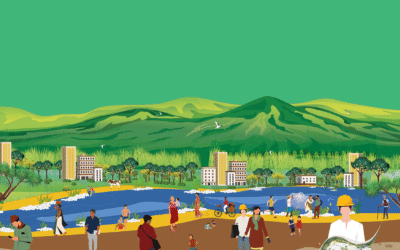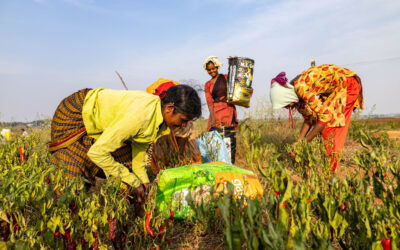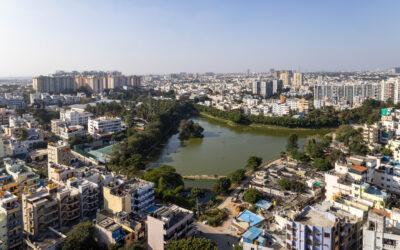Blogs & Op-eds
Urban Water
Rural Futures
Technical Consulting
Platforms and Partnerships
Futures Research
The end of MGNREGA is the undoing of a social revolution in rural India
Published in Scroll.in
The Value of Green: Why Cities Must Invest in Nature-Based Solutions
Published in Citizen Matters
How Community-Led Planning Is Changing the Groundwater Story in Jhansi
Jhansi’s groundwater challenges run deep, but the early gains from community-led efforts show what is possible. Strengthening these local, data-driven approaches can help Bundelkhand build long-term water security in the years ahead.
Reinventing India’s carb-heavy diet with protein, indigenous foods
Published in Scroll.in
When Good Farming Ideas Fail to Last
Improved agronomic practices often demonstrate clear results, but adoption fades the moment external support ends. Sustaining them requires rebuilding the larger ecosystem to both support and sustain the last-mile farmer.
Why Nature-Based Solutions Must Balance Ecology, Economy, and Community
Nature-based solutions offer ecological, social, and economic benefits, but focusing on one while neglecting the others can lead to inefficient, unjust, or even harmful outcomes
From Fields of Struggle to Hubs of Innovation: Farmers, Mechanisation, and the Promise of Local Enterprise
A recent pilot across three villages in Raichur district demonstrates the power of local enterprise in advancing rural mechanisation. Farmers, women entrepreneurs, and rural youth are turning farm machinery into shared village resources through local service hubs, improving access to technology and strengthening livelihoods in the process.
A Collective Path to Sustainable Groundwater Use in Semi-Arid India
By helping farmers share groundwater through collective networks, WASSAN’s Groundwater Collectivisation Programme aims to improve irrigation access, boost farm incomes, and encourage more sustainable cropping. The model offers a promising pathway to manage groundwater as a shared resource.
Unpacking the Gender Gap in India’s Agricultural Tech Revolution
India’s drive to integrate technology into agriculture promises innovation, ease, and greater rewards, but women farmers are often left behind. This analysis delves into the gender disparities shaping the future of agricultural technology in India.
When Wells Fill Fast and Dry Faster: Lessons from Nashik’s Basaltic Uplands
In Nashik’s basaltic uplands, wells fill quickly during monsoon but start to dry by February. Farmers see surface storage, efficient irrigation, and local governance as key solutions.
Incorporating Nature-Based Solutions to Manage Flooding: Transforming Bengaluru’s Manyata Tech Park
With conventional engineering solutions failing to control flooding in Bengaluru, we assess the potential of nature-based solutions through a modelling exercise
Reimagining WUCS in Karnataka: Towards Inclusive and Sustainable Water Governance
A systematic, step-by-step approach is needed to build a strong, democratic WUCS from the inside out, shift the power dynamics, and give everyone a voice.
Empowering Local Decisions with Isotope Hydrology: A New Frontier for India’s Water Strategy
Upscaling isotope hydrological techniques in water resources management through government policies can help address water challenges in urban and rural India
Measuring What Matters: Communities Assessing Water Solutions
Community-led continuous monitoring is key to assessing aquifer health, groundwater sustainability, and the impact of soil and water interventions.
Co-Creating Solutions with Communities | Insights from the Futures Research Programme
The Futures Research team shares insights from their work on designing solutions for land and water challenges in the semi-arid Raichur and Chikkaballapur districts of Karnataka
Accelerating Collaboration for Rural Development | Insights from the Platforms and Partnerships Programme
The Platforms and Partnerships team shares insights from their work on the Green Rural Economy platform
Improving Decision-Making in the Water Sector | Insights from the Technical Consulting Programme
The Technical Consulting team shares insights regarding how we can ensure the optimal use of limited resources and why certain groundwater interventions fail, among other topics
Promoting Wastewater Reuse, Community Engagement, and Financial Incentives for Water Conservation | Insights from the Urban Water Programme
The Urban Water team shares insights from their initiatives for water circularity and resilience
Promoting Equitable Irrigation, Market Access, Agricultural Innovation, and More | Insights from the Rural Futures Programme
The Rural Futures team shares what they learnt from their initiatives in Raichur, Koppal, and Chikkaballapur districts of Karnataka
How WELL Labs Is Using Systems Transformation to Solve Complex Water Challenges in India
Water challenges are multi-faceted and involve zero-sum games. Addressing them requires a structural shift in how interconnected economic, social, and ecological systems function



